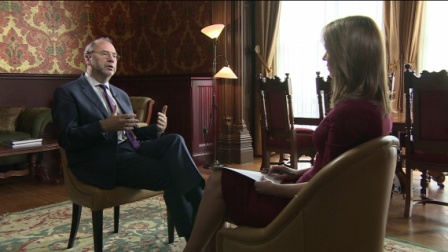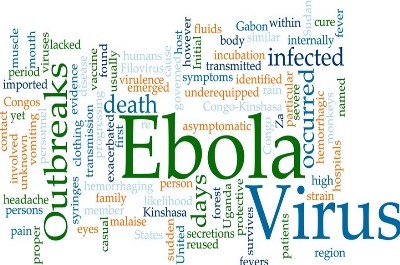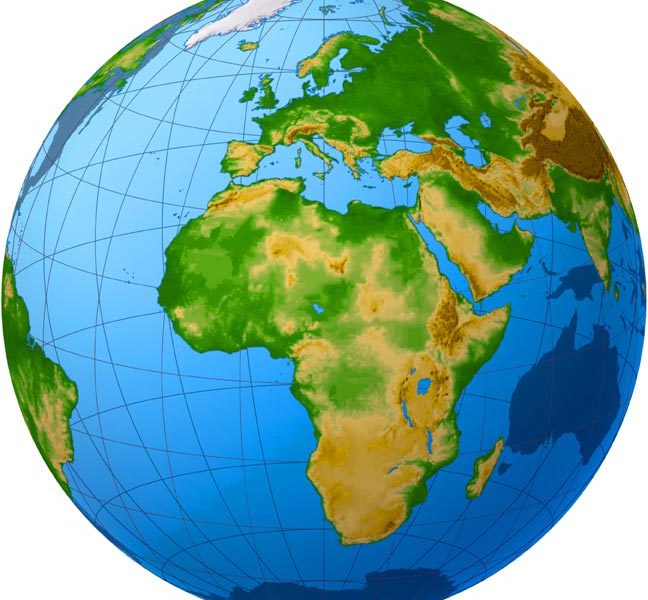Peter Piot: discovering Ebola ‘was the highlight of my life’
-
Scientist says WHO took too long to deal with Ebola
-
Calls American approach to Ebola ‘an epidemic of hysteria’
On Saturday’s episode of Talk to Al Jazeera, Belgian microbiologist Peter Piot speaks frankly with presenter Felicity Barr about helping discover the Ebola virus in 1976.
“It was the highlight of my life,” admits Peter. “It’s a dream of every microbiologist to discover a new virus.”
28 years later, he’s critical of The World Health Organisation’s (WHO) response to the current outbreak.
“It took three months for the WHO to find out there was an Ebola outbreak. That I understand. Guinea had a poor laboratory infrastructure,” he says.
“I have much more of a problem with the fact that it took five months for WHO, for the international health regulations committee, for that’s what it is, to declare this a state of emergency.
“It took a thousand dead Africans and two Americans who were repatriated to the US because they were infected. There’s no excuse for that… It took too long; we wasted too much precious time.”
Having waited too long to act, he believes the international community has then over-reacted in unhelpful ways. “There is an epidemic of Ebola in West Africa and then there is a second epidemic, an epidemic of mass hysteria that we saw particularly in North America,” says Peter. “It was really out of proportion with the issue.”
For example, he criticizes the governors of New York and New Jersey for mandating quarantine for healthcare workers returning from West Africa.
“Of course, people have become infected,” he says. “One nurse has become infected in Texas, but you know, putting people in quarantine who return from West Africa for 21 days – as some US states are imposing – doesn’t make sense from a public health perspective. It’s not cost-effective and also it’s a major deterrent and disincentive for supporting the countries in West Africa.
“On the one hand, countries like the US and the UK really provide admirable support – money, human resources, even the military — and that’s great. But you can’t then say at the same time: ‘When you come back, we put you quarantined for 21 days,’ because then, you know, the number of people who want to do this, they usually have a busy life, they won’t be volunteering anymore.”
He says any potential solutions need to address both the lack of robust healthcare systems and the local population’s cultural habits and belief systems. For example, he says some parts of West Africa have a habit of touching the dead at funerals, while others may believe in ‘witchcraft.’
“The concept of an infectious agent is not always there,” he says. “People may think it’s witchcraft or ‘someone wanted me to die’ or whatever…”
He says this is why: “You need people who speak the language, who understand the culture, who know what people think and feel.”
Talk To Al Jazeera’s interview with Peter premieres on Saturday, 6 December 2014 at 0400. and can be viewed via https://www.youtube.com/watch?v=GzZwsJTuflc.
For more information, visit http://www.aljazeera.com/programmes/talktojazeera/ or http://www.aljazeera.com/news/africa/ or follow #ajafrica on Twitter.
Stay with Sierra Express Media, for your trusted place in news!
© 2014, https:. All rights reserved.






